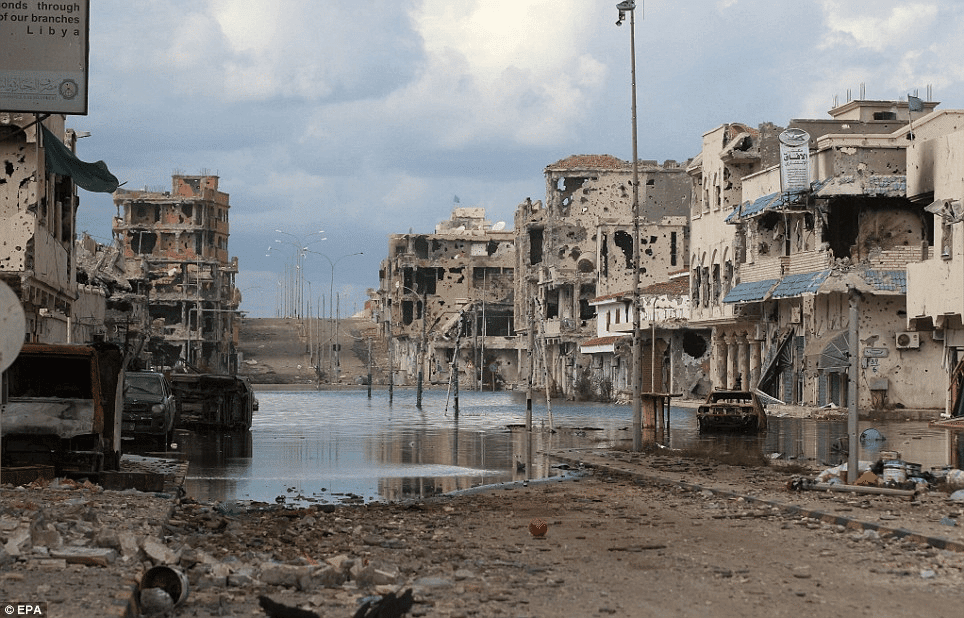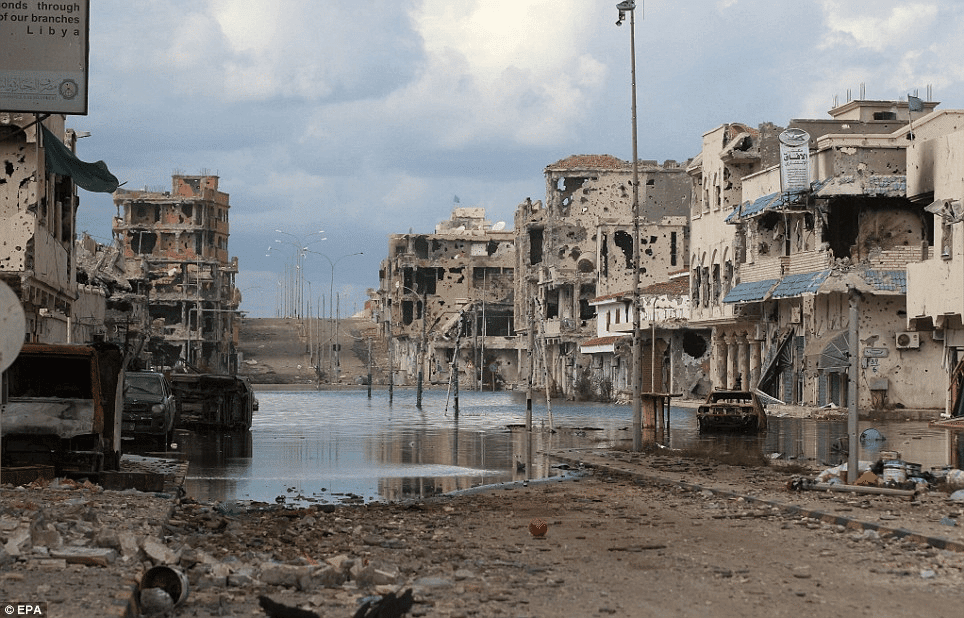Eight years ago, NATO and its partners, killed nearly 200 Libyan civilians across the North African country. Eight years on, no one has been held accountable. Neither NATO nor its partners gave any explanation or offered an apology let alone compensation while the families of those killed still reel with pain and the lack of an explanation as to why their loved ones were killed as they slept.
The invasion of Libya, by the biggest military alliance in history, started after long-time ruler Muammar Gaddafi took measures, including the use of force, against opposition groups, particularly in eastern Libya, taking part in peaceful anti-government demonstrations. The events were part of the on-going Arab Spring which started in Tunisia and spread across the region. In Libya events took a very violent turn; the consequences of which can still be felt today.
As a result of UN resolution 1973, which authorised member states to use “all necessary measures” to protect civilians in Libya, NATO got involved.
NATO conducted 26,500 sorties over Libya in the space of seven months killing an unknown number of soldiers, damaging infrastructure, and helping displace the entire city of Tawergha home to nearly 40,000 people. The air campaign stopped only after Gaddafi himself was murdered on 20 October 2011.
Most of the civilian deaths occurred during August 2011. Eight years on the families of those killed are still searching for answers.
Mustafa Al-Morabit still remembers the night of 4 August 2011, when his 37-year-old wife Ibtisam, his two sons – five-year-old Mohammed and three-year-old Mo’taz – were killed by a NATO air strike around 06:30am. The family was sleeping when their house was hit in south of Zlitan, a town about 170 kilometres east of Tripoli and home to an estimated 100,000 people. Al-Morabit told MEMO: “I still see nightmares and sometimes do not believe what happened. Why was my family killed?”
Like two dozen Libyan families, who lost loved ones, Al-Morabit, has not been compensated or even recognised as victim of a NATO air strike. Neither of Libya’s successive governments since October 2011, nor NATO have admitted any wrongdoing.
Human Rights Watch, Amnesty International, investigative journalists and many other rights groups have documented almost all civilian causalities for which NATO is responsible. NATO, itself never conducted a thorough on the ground investigation to find out what happened. Yet, the Trans-Atlantic alliance denies killing any civilian in its air campaign to bring down Muammar Gaddafi’s government in 2011. Between 2013 and today I’ve contacted NATO headquarters in Brussels on numerous occasions trying to get a response but in vain.
Four days after the Al-Morabit family tragedy, on 8 August 2011, and a few kilometres southwest of Zlitin, multiple NATO raids hit a residential compound in Majer village. According to rights groups the first strike killed 16 civilians, including the Ali Hamid Al-Jarud’s entire family, while the second raid killed another 16 civilians who came to help in the rescue operation. However the Libyan government at the time published a list of 80 people as being the victims instead of 34. The government’s detailed list included 34 women, more than 24 children, five babies.
Even today the public still do not know exactly how many civilians were killed by NATO aircrafts during Libya’s eight-month civil war. As the lack of proper identification and documentation hampers efforts to have a precise figure.
I conducted my own on the ground investigation and interviews with victims’ families and came to the conclusion that at least 180 Libyan civilians were killed and wounded by NATO in seven different cities, towns and villages. Most were targeted in residential areas usually at night while people slept.
NATO has so far escaped scrutiny and the different Libyan governments that came to power since the end of the civil war have not recognised the victims.
However a group of victims’ families are trying to prosecute NATO with little success so far. Khaled Al-Khweldi, who lost his entire family in another NATO raid on 20 June 2011 in Surman, west of Tripoli, set up the Association for NATO and War Victims in Libya (ANVWL) with legal representation in Brussels where NATO’s headquarters are based. Two years ago, ANVWL filed its first case against NATO in a Belgian court but it was rejected citing NATO as an international organisation which enjoys diplomatic immunity. However, ANVWL’s Belgian lawyer Jean Fermon, told MEMO: “We have filed another case to the European Court of Human Rights and still waiting for it decision.”
Al-Khweldi and every ANVWL member I spoke to appear determined to get answers from NATO but it is an uphill struggle. There is no precedence in which NATO was successfully sued let alone made to admit responsibilities. Not in former Yugoslavia in 1999 nor in Afghanistan where it is still involved.
However Mohamed Al-Gharari, who lost three family members on 19 June 2011, told MEMO: “Keeping the cause alive is in itself important for us because it reminds us that NATO did not protect us but killed us.”
Reprinted with permission from Middle East Monitor.


